
Why I Make My Own Baby Food: Guest Post from Kristi S.
March is a big month for your contributors at The Mom Crowd: Amanda, our founder, just had her second child, and McKenna is going to Eastern Europe for the first time to meet her new daughter (for the first time!) When Amanda asked for guest posters to step in and share their wisdom, the response was phenomenal. Keep coming back to The Mom Crowd every day for fabulous information, tips, stories, and inspiration!
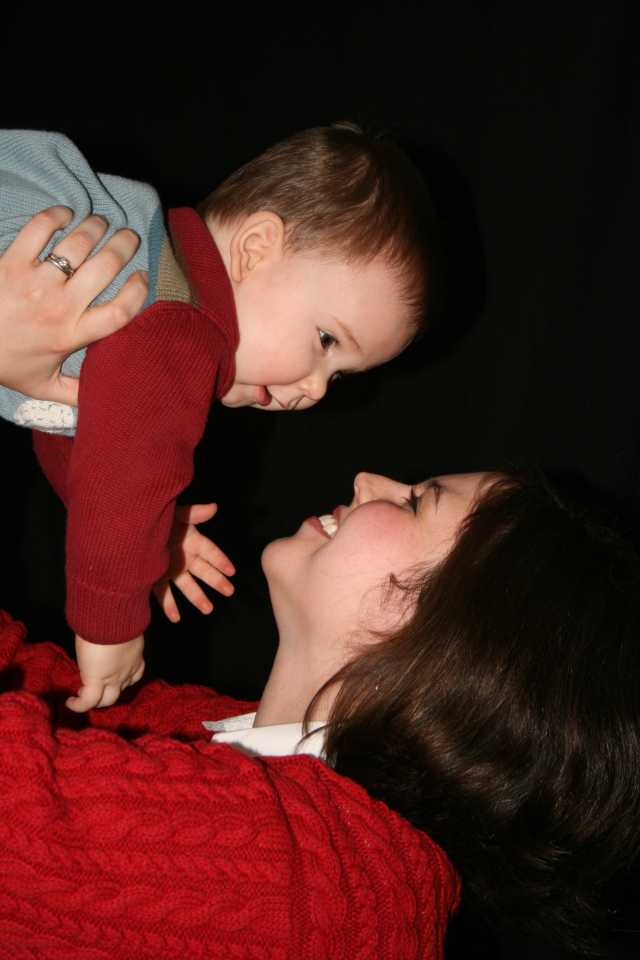 Kristi has an admitted coffee addiction and lately has been indulging in an occasional spoonful of chocolate frosting straight out of the can. When she is not chasing her 1 year old around the house, trying to keep him from eating electrical cords or learning about the life cycle of frogs with her 3 year old, she enjoys teaching ladies’ Bible studies, talking about Biblical womanhood, and blogging at Run the Earth, Watch the Sky.
Kristi has an admitted coffee addiction and lately has been indulging in an occasional spoonful of chocolate frosting straight out of the can. When she is not chasing her 1 year old around the house, trying to keep him from eating electrical cords or learning about the life cycle of frogs with her 3 year old, she enjoys teaching ladies’ Bible studies, talking about Biblical womanhood, and blogging at Run the Earth, Watch the Sky.
I am one of those crazy people who make their own baby food. Yes, one of those. You know the kind: I pull out my baby food at restaurants and grind up steamed carrots (ordered with no seasoning, no butter, please!) while my friends look on with an incredulous look that says, “We knew you were weird, Kristi, but this…?”
know the kind: I pull out my baby food at restaurants and grind up steamed carrots (ordered with no seasoning, no butter, please!) while my friends look on with an incredulous look that says, “We knew you were weird, Kristi, but this…?”
Why did I do this (for two babies, so far)? Obviously, every new mom is a little fanatical when it comes to health and safety. We dutifully pick up every single thing that falls on the floor and sanitize it. We carefully boil or sterilize everything that will enter our child’s mouth. I was no different, and the thought of feeding my baby unrecognizable vegetable-based substances that are who-knows-how-old from a jar that has been who-knows-where did not sit well with me.
These thoughts were confirmed the first time that I tasted jarred baby food – wow! That stuff is bad! I was used to tasting my daughter’s homemade purees, and I was shocked when the jarred butternut squash tasted more like dirt than anything resembling a fresh vegetable. She obviously agreed, because she wanted nothing to do with that orange muck coming toward her mouth!
So, I chose to make my own baby food for health reasons and taste. That, and let’s face it: we are extremely cheap. Those little jars of baby food seem cheap when you’re standing in the grocery aisle, but when your baby starts eating 3 or 4+ jars a day, suddenly that adds up fast! For example, you could buy a five pound bag of carrots for $2.99 and end up with 36 servings of baby food. If you buy carrots in the cute little plastic containers, it would cost you $18.00 for that much! Yikes!
So, here’s what to do: (it’s very complicated, so take notes)
- Get some vegetables or fruit
- Cook them until they’re soft
- Puree them in a blender or food processor
- Freeze them in ice cube trays
- Pop them into labeled plastic freezer bags
Presto! Tricky, isn’t it?
Most people seem to feel more comfortable with the little jars and containers for some reason. I am frequently asked how you know what to feed the kids. My suggestion? Go to the grocery store and look at “level one” foods. What are they? Buy them. Cook them. Repeat the steps above. You can even buy one jar to check the consistency if it makes you feel more comfortable. Trust me, Gerber does not have some magical formula for carrots. They use: carrots!
Another great benefit to making your own baby food is the ease of transition to other foods – once they are ready for ‘chunkier’ foods, just do a quick, coarse puree and freeze them in ice cube trays. I have also found that silicone muffin cups work great once they start eating larger servings. Once they’re ready for finger foods, just chop the vegetable/fruit into chunks and freeze them. As your children get older, start grinding/mashing up whatever you’re eating for dinner, and they automatically learn to eat what the rest of the family eats. I will usually pull a portion out before I add salt, etc.
You can do this! Your baby will thank you (well, maybe not. But you’ll feel good about it!) and so will your wallet!
If you want a book that spells out what to do when, and gives you more specific ideas and pictures of the purees, I love First Meals by Annabel Karmel. I also like www.wholesomebabyfood.com. In addition, you can check out Amanda’s post on making baby food.
Do you make your own baby food? Do you have any qualms about taking the plunge?
Share the fun: Email + Del.icio.us + Digg + Technorati


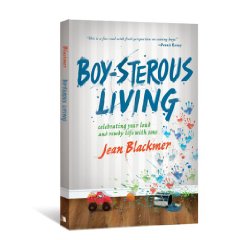
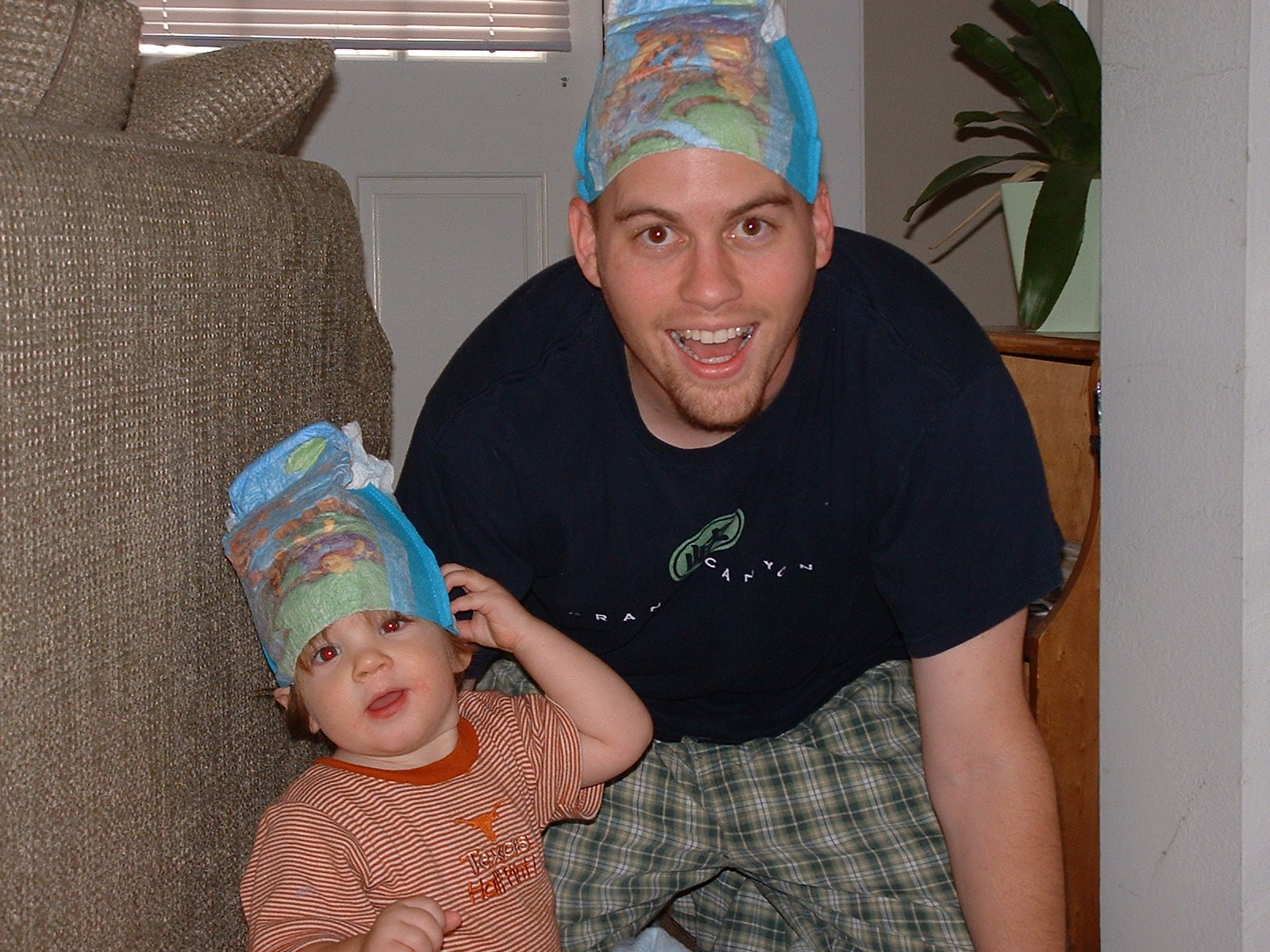 In Chapter 15 Blackmer talks about the importance of letting Dads be Dads without interfering. If you are the primary caretaker of your children then you know the ins and outs of all the daily things in life (he likes mustard, NOT mayonaise…she takes a nap with the puppy but sleeps with the bear at bedtime…he’s been scared of Barney for weeks, why did you let him watch THAT?!…she naps at 12:30 not 1…) and when we leave our children with their daddies sometimes we have a tendency to communicate that they don’t know how to take care of their own children. It is true, sometimes they don’t but when we criticize and don’t let them doing things differently without freaking out can you blame them when they give up trying? Or get upset with us for telling them they are doing it wrong and then don’t give them a chance to figure it out themselves? This is not as hard for me as it used to be but I still struggle with it somtimes. She points out that every father and son need a chance to develop their own relationship (I know it is true for girls too but this post is about boys) and sometimes, as hard as it can be, we need to step aside and let them figure it out.
In Chapter 15 Blackmer talks about the importance of letting Dads be Dads without interfering. If you are the primary caretaker of your children then you know the ins and outs of all the daily things in life (he likes mustard, NOT mayonaise…she takes a nap with the puppy but sleeps with the bear at bedtime…he’s been scared of Barney for weeks, why did you let him watch THAT?!…she naps at 12:30 not 1…) and when we leave our children with their daddies sometimes we have a tendency to communicate that they don’t know how to take care of their own children. It is true, sometimes they don’t but when we criticize and don’t let them doing things differently without freaking out can you blame them when they give up trying? Or get upset with us for telling them they are doing it wrong and then don’t give them a chance to figure it out themselves? This is not as hard for me as it used to be but I still struggle with it somtimes. She points out that every father and son need a chance to develop their own relationship (I know it is true for girls too but this post is about boys) and sometimes, as hard as it can be, we need to step aside and let them figure it out.
 Drill Sergeant Parents believe that they can make their children do whatever the parent says to do. Drill Sergeant parenting incorporates threats and punishment in order to make the child do what the parent wants.
Drill Sergeant Parents believe that they can make their children do whatever the parent says to do. Drill Sergeant parenting incorporates threats and punishment in order to make the child do what the parent wants. 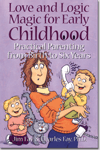

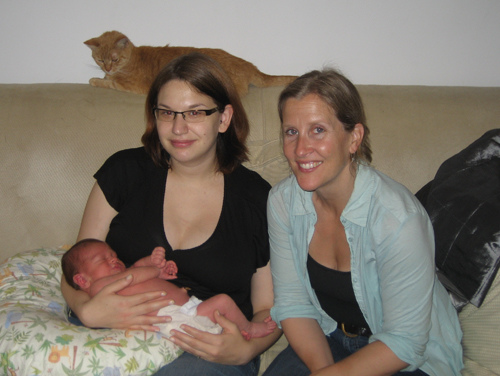 Postpartum doula services have been around for several years now. When I hear of women talk about doulas they usually refer to birth doulas and not postpartum doulas. I know that most of our readers are moms—some of you pregnant with your first child, others with your second, third (or more!), or have friends who are pregnant. I thought that I would highlight some of the benefits of a postpartum doula for any of you who are interested in hiring one for yourself, a friend, or a family member.
Postpartum doula services have been around for several years now. When I hear of women talk about doulas they usually refer to birth doulas and not postpartum doulas. I know that most of our readers are moms—some of you pregnant with your first child, others with your second, third (or more!), or have friends who are pregnant. I thought that I would highlight some of the benefits of a postpartum doula for any of you who are interested in hiring one for yourself, a friend, or a family member.



